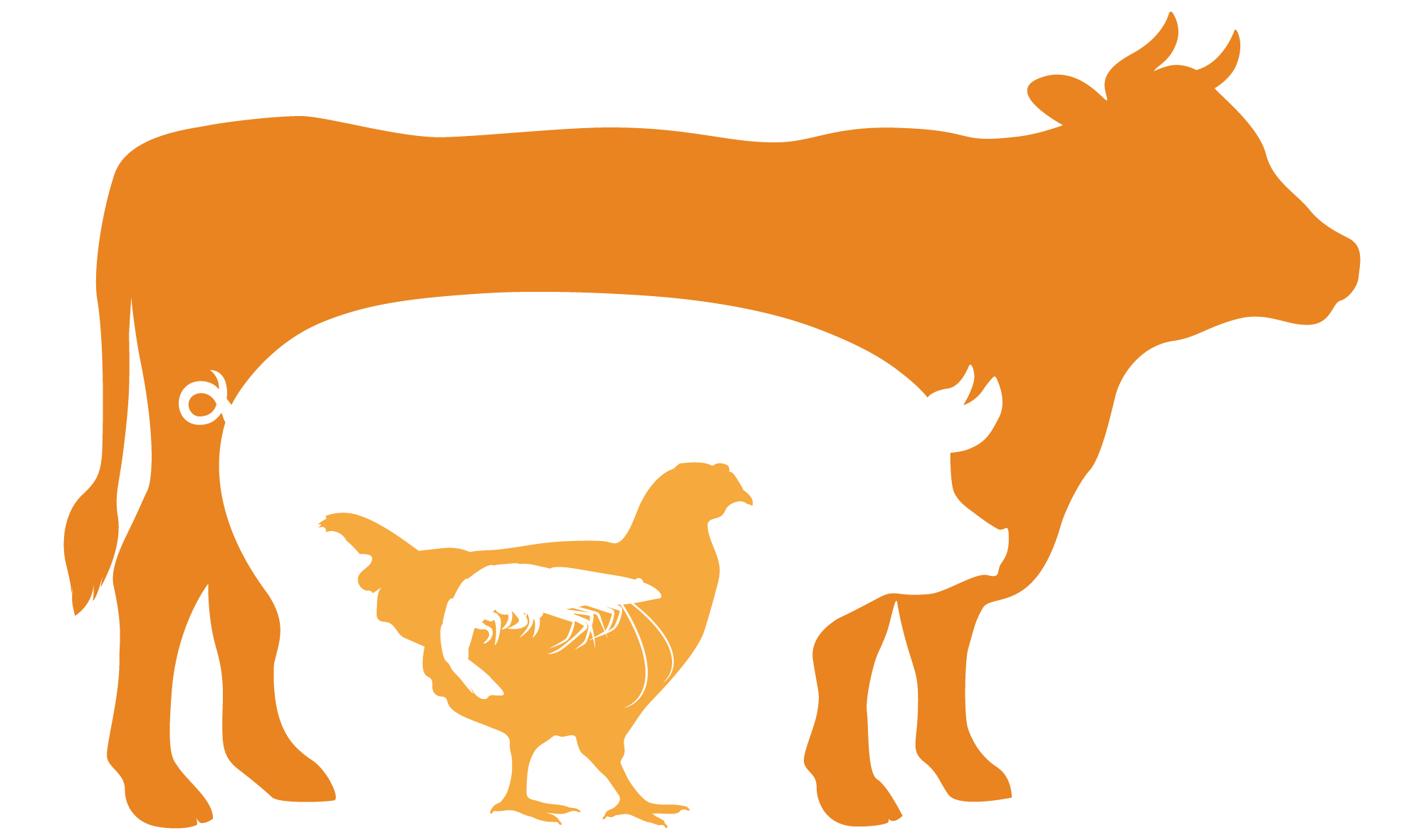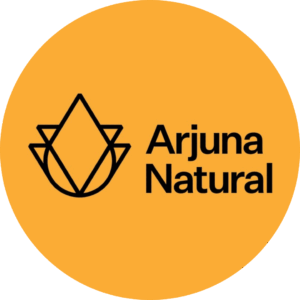
As the health and wellness industry evolves, sustainable nutraceuticals are becoming a key focus for consumers and businesses alike. With growing environmental awareness and a shift towards personalized health, the nutraceutical sector is undergoing significant transformation. Consumers are increasingly prioritizing ethical sourcing, eco-friendly supplements, and plant-based formulations.
This article explores the major trends shaping the industry, from sustainable innovations to advanced digital health integrations. As demand for transparency and sustainability rises, companies must adapt to stay competitive in this rapidly changing landscape.
2024: Paving the Way for Sustainable Nutraceuticals
1. Growth of Personalised Nutrition
The year 2024 witnessed a significant surge in personalized nutrition, with consumers increasingly seeking tailored dietary solutions that align with their health profiles. Advancements in data analytics and biotechnology facilitated the development of customized nutraceuticals, enhancing efficacy and consumer satisfaction. This trend underscored the importance of understanding genetic, environmental, and lifestyle factors in crafting effective nutritional interventions.
2. Rise of Plant-Based and Functional Ingredients
A notable shift towards plant-based supplements characterized 2024, driven by growing awareness of the health benefits associated with plant-derived ingredients and concerns over animal welfare. Functional ingredients, such as adaptogens and probiotics, gained popularity for their targeted health benefits, reflecting a broader consumer preference for natural and holistic wellness solutions.
3. Sustainability and Eco-Friendly Practices
Sustainability became a cornerstone of the nutraceutical industry in 2024. Companies adopted eco-friendly practices, including sustainable sourcing of raw materials, reduction of carbon footprints, and implementation of environmentally friendly packaging solutions. These initiatives resonated with environmentally conscious consumers and set new standards for corporate responsibility within the industry.
4. Innovations in Biotechnology and Delivery Systems
Biotechnological advancements led to the development of novel delivery systems, enhancing the bioavailability and efficacy of nutraceutical products. Techniques such as nanoencapsulation and liposomal delivery improved nutrient absorption, offering consumers more effective and efficient health solutions.
5. Regulatory Developments and Consumer Trust
Regulatory bodies intensified their focus on ensuring the safety and efficacy of nutraceutical products. Enhanced regulations aimed at standardizing product quality and substantiating health claims bolstered consumer trust. Transparency in ingredient sourcing and manufacturing processes became critical factors influencing purchasing decisions.
2025: Emerging Trends in Sustainable Nutraceuticals
1. Expansion of Targeted Health Solutions
- Personalized Medicine: The global personalized medicine market is projected to reach more than 5000 crores in 2025, driven by advancements in genomics, biomarker discovery, and companion diagnostics. Tailored treatments are increasingly addressing rare diseases and chronic conditions.
- AI Integration: Artificial intelligence is revolutionizing healthcare by enabling predictive diagnostics, personalized wellness plans, and improved patient engagement. AI-driven solutions personalized the care from reactive to preventive care.
2. Integration of Digital Health Technologies
- Wearable Technology: Devices such as continuous glucose monitors and health-tracking wearables empower patients to proactively manage their health. These devices are becoming more integrated with healthcare systems for real-time data sharing.
- Telemedicine and Virtual Care: The global telemedicine market is expected to reach $280 billion by 2025. Virtual consultations and remote monitoring are becoming mainstream alternatives to in-person visits.
- Digital Health Ecosystems: Governments and organizations are investing in comprehensive digital health strategies, integrating electronic medical records (EMRs), patient-owned health data (POHD), and system interoperability.
3. Proliferation of Clean Labelling and Demand for Transparency
- Ethical Practices: Patients increasingly demand transparency in healthcare services and products, including clear labeling of treatments, accessible health data, and ethical AI use in diagnostics and decision-making.
4. Focus on Preventive and Holistic Health
- Patient-Centric Models: Healthcare providers are enhancing patient experience by improving access to personal health records, virtual follow-ups, and preventive care measures.
- Holistic Approaches: There is a growing focus on integrating mental, physical, and social well-being into treatment plans for better overall health outcomes.
5. Regulatory Evolution and Innovation in Claims
- Change in Policies: Governments are adapting regulatory frameworks to accommodate innovations such as AI-driven diagnostics, telemedicine, and genomic advancements while ensuring patient safety, data privacy, and ethical compliance.
- Stakeholders: Collaboration among stakeholders is driving healthcare innovation while maintaining compliance with evolving global health standards.
These trends reflect a broader shift towards a technology-driven, patient-focused healthcare system that prioritizes prevention, personalization, and transparency.
Conclusion
The nutraceutical industry is undergoing a transformative shift towards sustainability and eco-friendliness, driven by consumer demand for health products that are both effective and environmentally responsible. Companies like Arjuna Natural exemplify this trend, leading the way with their commitment to sustainable practices and innovative solutions.
As we navigate the evolving landscape of health and wellness, businesses that prioritise sustainability, transparency, and technological advancements will be best positioned for long-term success. The future of nutraceuticals lies in harmonizing personal health with planetary well-being, ensuring a healthier tomorrow for all.











